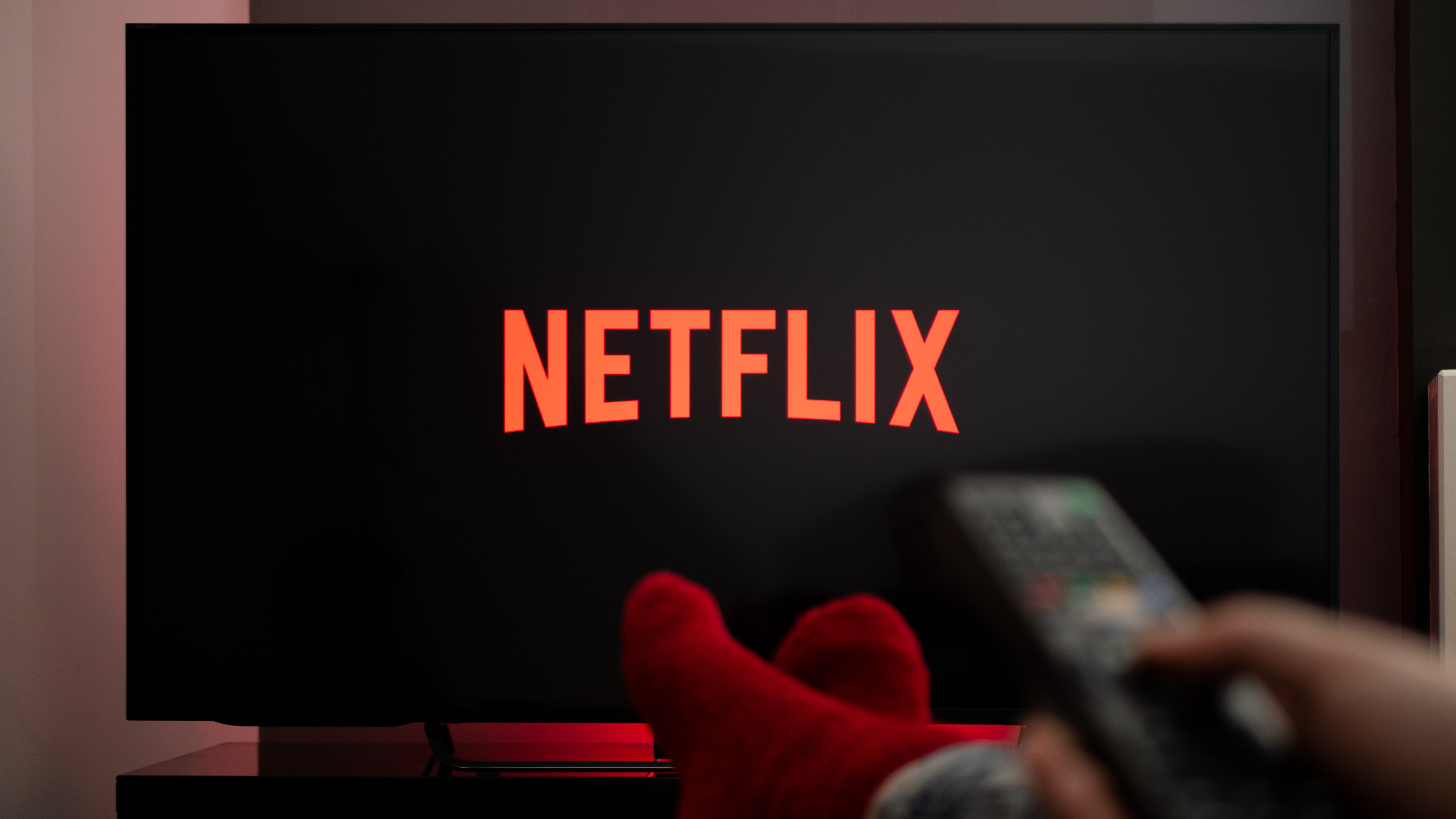Netflix slashes prices in over 30 countries, but it won't help the password sharing woes
Streaming giant reduces subscription fees up to 50%

With the worldwide cost of living crisis continuing to bite, and the streaming wars showing no sign of abating, Netflix has moved to lower its pricing in over 30 separate countries, according to a report in the Wall Street Journal.
The discounts have been rolled out this week in primarily lower-income regions in Asia, Europe, Latin America, sub-Saharan Africa and the Middle East where subscription uptake is currently comparatively low.
Countries that have seen subscription price drops, which range from between 20% and 60% include Croatia, Slovenia, Bulgaria, Nicaragua, Ecuador, Venezuela, Malaysia, Indonesia, Vietnam, Thailand, the Philippines, Egypt, Yemen, Jordan, Libya, Iran, and Kenya.
There’s currently no indication that similar price drops will be offered in established regions like the US, UK and Australia.
“We’re always exploring ways to improve our members’ experience,” Netflix said Thursday in a statement. “We can confirm that we are updating the pricing of our plans in certain countries.”
The move comes as the streaming giant faces increased competition from rival services, while also rolling out the unpopular move of introducing Netflix password-sharing limits.
Acknowledging the increased competition from rival services such as Disney Plus, Apple TV Plus and Paramount Plus, a Netflix spokesperson told the BBC: "Members have never had more choices when it comes to entertainment".
Sign up for breaking news, reviews, opinion, top tech deals, and more.
Analysis: Netflix is about to have a problem, and these price cuts won't help
The March deadline is fast coming into view for the long-expected (and much-hated) end of password sharing for many Netflix viewers, and yesterday’s won't mitigate the disappointment of those no longer able to piggy-back on their family or friends accounts.
It's clear these discounts are primarily being used to encourage new subscribers in emerging Netflix territories, meaning it’s unlikely the price drops are set to benefit the majority of people affected by the up-coming rule change.
From its efforts to direct new customers towards its full-fat subscriptions rather than its cheaper ad-supported tiers, to its controversial culling of high-profile shows such as 1899 or Warrior Nun, it’s clear that 2023 is very much about growing revenue for Netflix, even if it means losing some eyeballs.
The company’s end of 2022 financials saw an increase to its subscriber base of 7.66 million, but with the upcoming password culling about to take affect – a risky move which notably hasn’t yet been adopted by rivals like Disney Plus and Hulu – it remains to be seen if the streaming service has made the right call.
After taking away the flexibility of password sharing (something the company encouraged at times in the past), a price cut in the countries where it's blocking this feature might've helped stem the tide of anger. But that's not what's happening.
If you’ve decided that your time with streaming giant is about to come to an end, make sure to check out our best Netflix show list before your subscription gets cancelled, and also cast your eye over our picks for the best streaming services to see if there’s an alternative that floats your boat.

Kevin Lynch is a London-born, Dublin-based writer and journalist. The author of Steve Jobs: A Biographic Portrait, Kevin is a regular feature writer for a number of tech sites and the former Technology Editor for the Daily Mirror. He has also served as editor of GuinnessWorldRecords.com and has been a member of the judging panel for the BAFTA British Academy Video Game Awards. Alongside reviewing the latest AV gear, smartphones and computers, Kevin also specialises in music tech and can often be found putting the latest DAWs, MIDI controllers and guitar modellers through their paces. Born within the sound of Bow Bells, Kevin is also a lifelong West Ham fan for his troubles.
